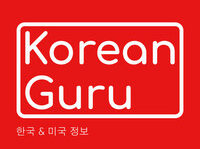Korean Language, Linguistics, and Cultural Studies Teaching Philosophy
A brief personal background In this posting, I would like to share a brief personal background of myself and teaching philosophy that I have always had in the hopes that this will be helpful for others who are pursuing similar career paths or simply interested in learning the Korean language and culture. I was born … Read more
